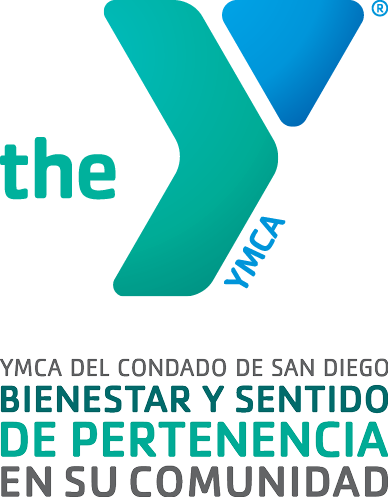As the manager of the Salvation Army’s Family Resource Center, Pamela George represents segment of essential workers on the frontlines of community response to COVID-19. Pamela and her small team support families seeking food and other basic needs, and since the start of the pandemic they have gone from seeing 100 households a month to 1,000 households a month.
“I have a lot of people depending on me to make sure they can stay housed and fed beyond my own family,” she said.
At the same time she was coordinating this emergency response, she was also working hard to find child care for her six-year-old daughter. Her daughter’s Kindergarten year had been interrupted with the school shutdowns, and with a degree in child development, Pamela understands that COVID-19 emotionally impacts children in ways that can have long-term effects.
“Kindergarten is such an important year, it sets the tone for a positive image of school,” Pamela explained.
Without the steady routine and emotional support of the classroom, it was important that Pamela secured a child care arrangement that continued to support her daughter’s growth and gave her peace of mind while at work.
Pamela connected with YMCA Childcare Resource Service and was able to quickly enroll her daughter in the pre-school they attended before her daughter started school. Being able to return to a familiar environment filled a critical emotional gap for Pamela and her daughter in the face of school shutdowns.
This important lifeline for Pamela and her family was made possible by $50 million in State funds for limited-term child care vouchers for essential workers and at-risk populations. Without this support, Pamela would have had to ask her 81-year-old mother to care for her daughter – a prospect she admitted was unrealistic.
“As a single parent and essential worker, I have extra challenges in caring for my young child during this pandemic while still going to work,” she said.
Child care was the critical resource Pamela need to simultaneously support the San Diego community and her family. Child care enabled her to continue providing a lifeline for some of San Diego’s most under-resourced families and individuals. At the same time, she knows her daughter is in a safe, caring environment that is preparing her daughter for a successful academic career in the years to come.
Pamela knows that her experience as a parent and essential worker mirrors that of so many in San Diego.
“I desperately hope funding continues for all of us in the community who are doing our best to stay afloat in unprecedented times while keeping our children safe.”


